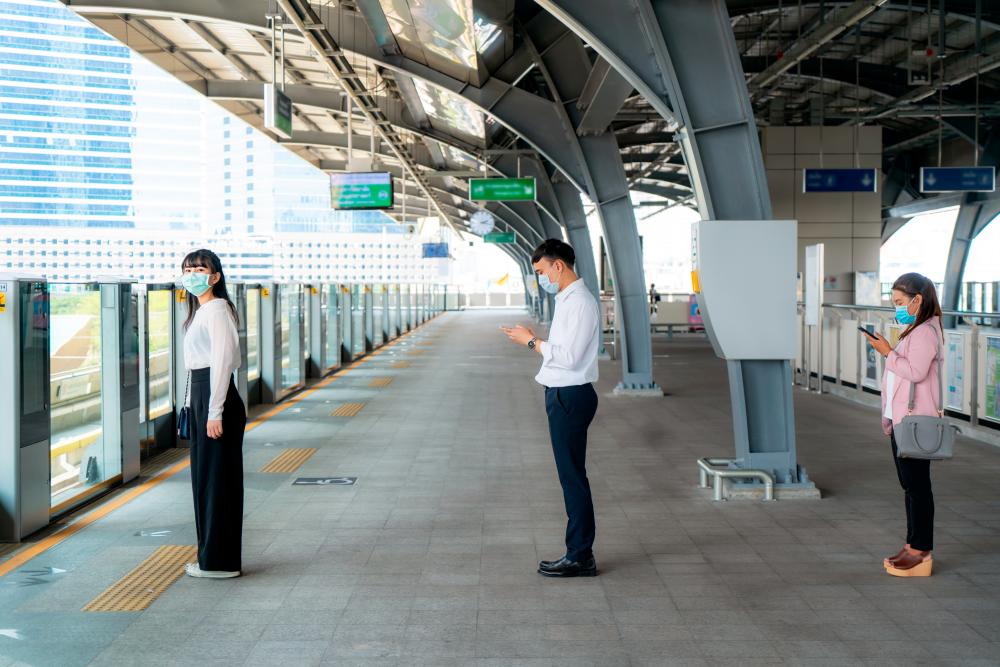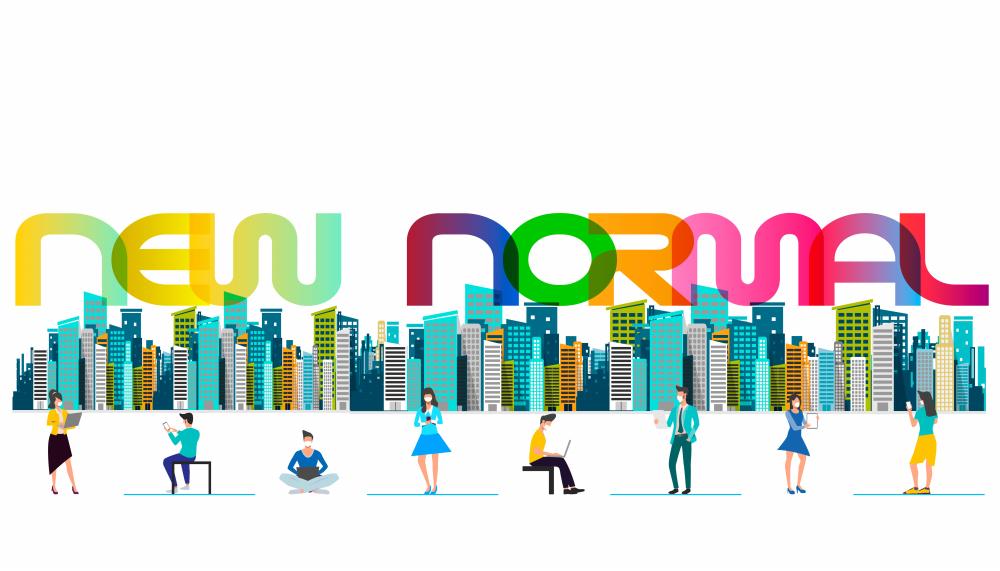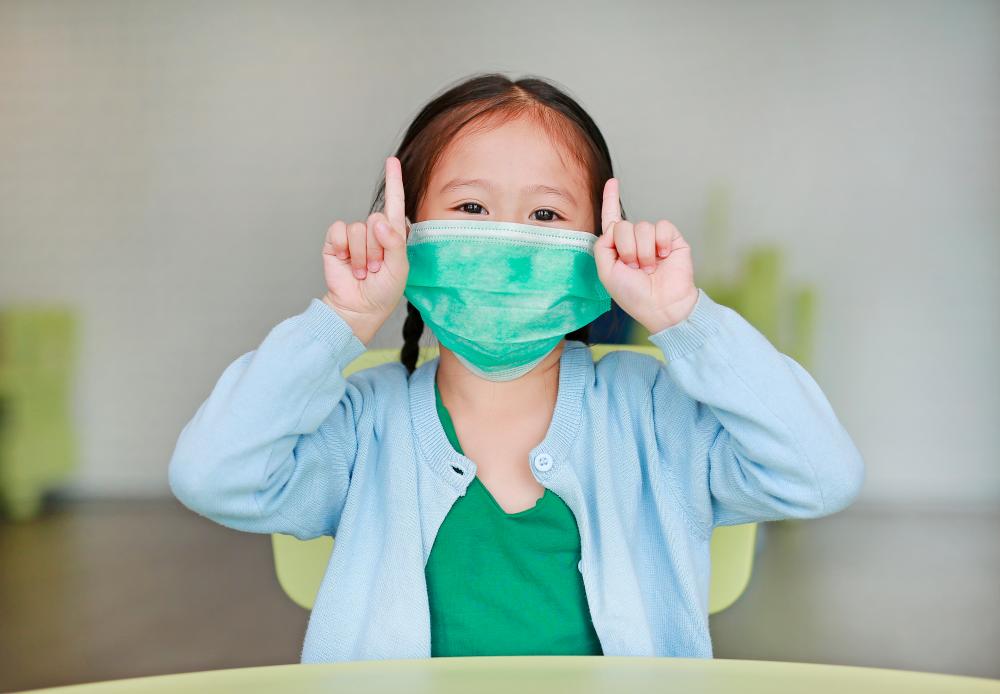THE recent pandemic has shown us that humanity, although resistant to change, are highly adaptable when change is inevitable. At the beginning of the COVID outbreak, a simple lifestyle change such as wearing a protective face mask and limiting social contact was seen as huge unbearable sacrifices by many.
Fast forward a few months and we now wear masks when we go out, sanitize our hands regularly and try our best to adhere to social distancing.
Whether we like it or not ... the ‘new normal’ is here.
Normal is different now

·Leaving the house without wearing a mask or gloves feels strange and risky.
·Even if we have a mask on, we worry or panic when someone near us let out a sneeze or a cough although these are not the symptoms of Covid-19.
·Queuing is enforced with the floors outside the shops and inside lifts marked with tapes to indicate the queuing spots.
·Some of us finally discovered the QR scanner in our smartphones. We need this to scan the QR code to help with contact tracing before we enter shops that use this system.
·Eating out and travelling by public transport makes everyone look anti-social thanks to social distancing measures. Seats and tables are marked with tape as a sign to leave these spaces vacant.
Work and study finally evolved
·Schools and universities moved classes online and this is where the wealth disparity shows. Students who don’t have the luxury of owning a laptop or smartphone and a stable internet connection will struggle.
·Without a physical classroom, teachers have to be creative with their teaching methods and adapt accordingly. Students have to be more disciplined with their schedule.
·Every employer’s nightmare has come true because everyone has to work from home during the lockdown. While it was a pain for some companies, the lockdown has forced companies to come to terms with the way they have been doing things and whether they could adapt quickly enough to survive.
·Working from home has also boosted productivity in some industries because employees do not need to sit through long commutes.
Socialising looks and feels different

·An invite to hang out with a group of friends makes you think more than twice now. When you’re out, you hope that no one at the bar or restaurant is carrying the virus.
·The thought of attending concerts and festivals is out of the window. While some of these activities have moved online, it’s still not the same as being physically there.
·Travel restrictions have grounded frequent travellers. Some families will have to stay apart longer too.
·People have to get used to different social greetings. Huggers can’t hug, cheek-kisses are a huge no-no and handshakes are risky. Instead, friendly greetings like these have been replaced with elbow bumps, foot-shakes or waving from a distance.
Tips to adapt and cope with the ‘new normal’

1. Give everyone time to adapt
It’s not easy to adapt to changes and the feeling of a sense of loss is normal. If you feel overwhelmed, reach out to someone close to talk about it or you can even journal your experience as a therapeutic outlet.
The family is trying to cope in their own ways too so adjust your expectations about housekeeping and productivity. Once you’ve taken the time to grieve the ‘old normal,’ you can slowly adapt to the changes together.
2. Create a new routine
Human beings are creatures of habit. Create a sense of normalcy by making your own daily routine such as brewing coffee in the morning, allocating time for home workouts and video calling friends.
3. Dress up
After months of staying home, you may dread working from home. A simple act of primping and dressing up for work can lift our spirits, put us in the mood for work and inspire us to get things done. Take it an opportunity to try out new styles and change up makeup looks too.
4. Find pockets of joy
With new updates about Covid-19 coming daily, the bombardment of information can be nerve wrecking. Allow yourself to step away from social media and the news every now and then, and look for pockets of joy in life.
It could be from re-reading your favourite book, picking up painting again or just walking your dog.
5. Be informed but not alarmed
Information about Covid-19 is still developing so it’s still important to know the ongoing updates regarding what you can or cannot do. However, be sure to get information from reputable sources and not alarmist pages online.
With no vaccine available yet, it’s important to maintain hand hygiene, practice social distancing, wear a mask and avoid crowded places whenever possible.














